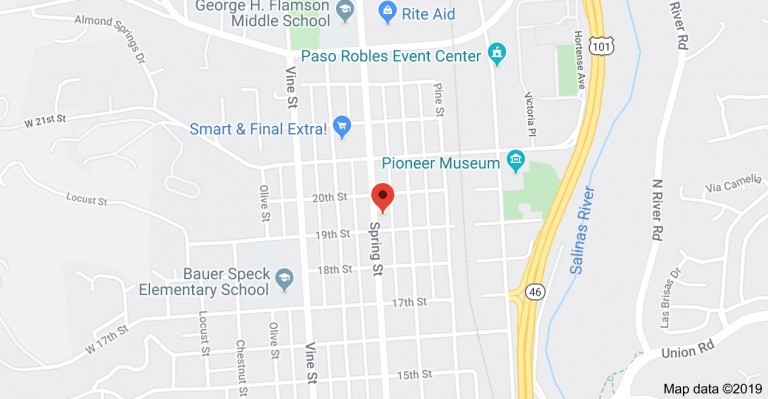How Does This Impact California Homeowners and Landlords?
For California Homeowners Who Just Want to Get their Home Back, below are the common pitfalls with the Tenant Protection Act.
Are you a homeowner in California or San Luis Obispo County who wants to move back into your home because you sold your other property? Perhaps you need a relative to move into one of your homes you are currently renting out, and you want to do things the right way for your current renters and family. This article may be for you.
What is the Tenant Protection Act?
In 2019 the California State legislature enacted the Tenant Protection Act (AKA AB 1482). This law went into effect in January 2020. What it did broadly was ensure tenants who were otherwise good renters the right to stay in their rental homes and not be evicted without justification, unless the properties were exempt from the Act. Some properties are subject to the law and a landlord cannot evict without a reason, but some are not (such as new construction completed within the last 15 years or single family homes and condos owned by small property owners) and a landlord can evict without a justification. The law also put caps on rent increases on rentals statewide. Right now, this is the common act homeowners are looking at when they want to get their property back, as most of the COVID-19 eviction restrictions have been lifted in California.
Common Pitfalls
Recently, we have been seeing owners struggle with the following pitfalls:
- Not providing the proper language in the lease agreement that indicates whether the property is or is not subject to the Tenant Protection Act (A separate and distinct notice is required in each situation);
- Acting as if their property is exempt from the law, when it actually is not. (For example, a single-family home owned by a specific type of LLC, Corporation, or real estate investment trust is still subject to the law, even if the trust or corporation was formed to keep the house in the family);
- Being unaware of the law’s existence and failing to notify the tenant of the tenant’s right to relocation benefits when terminating their tenancy; —and
- Not considering your most current local ordinance(s) before moving forward- Other local ordinances may still have provisions related to the Tenant Protection Act that might be more restrictive. Check with your local government agency, as this article just covers California State Law.
(Cal. Civ. Code § 1946.2)
Contact a Legal Professional
Please contact a legal professional to advise you on any AB 1482 concerns.
The information provided herein does not, and is not intended to, constitute legal advice; instead all information, content, and materials are for general informational purposes only. Neither this website nor this post are intended to create an attorney-client relationship.
If you have any questions regarding the Tenant Protection Act, please contact Carmel & Naccasha, and for more details, read our full disclaimer.



